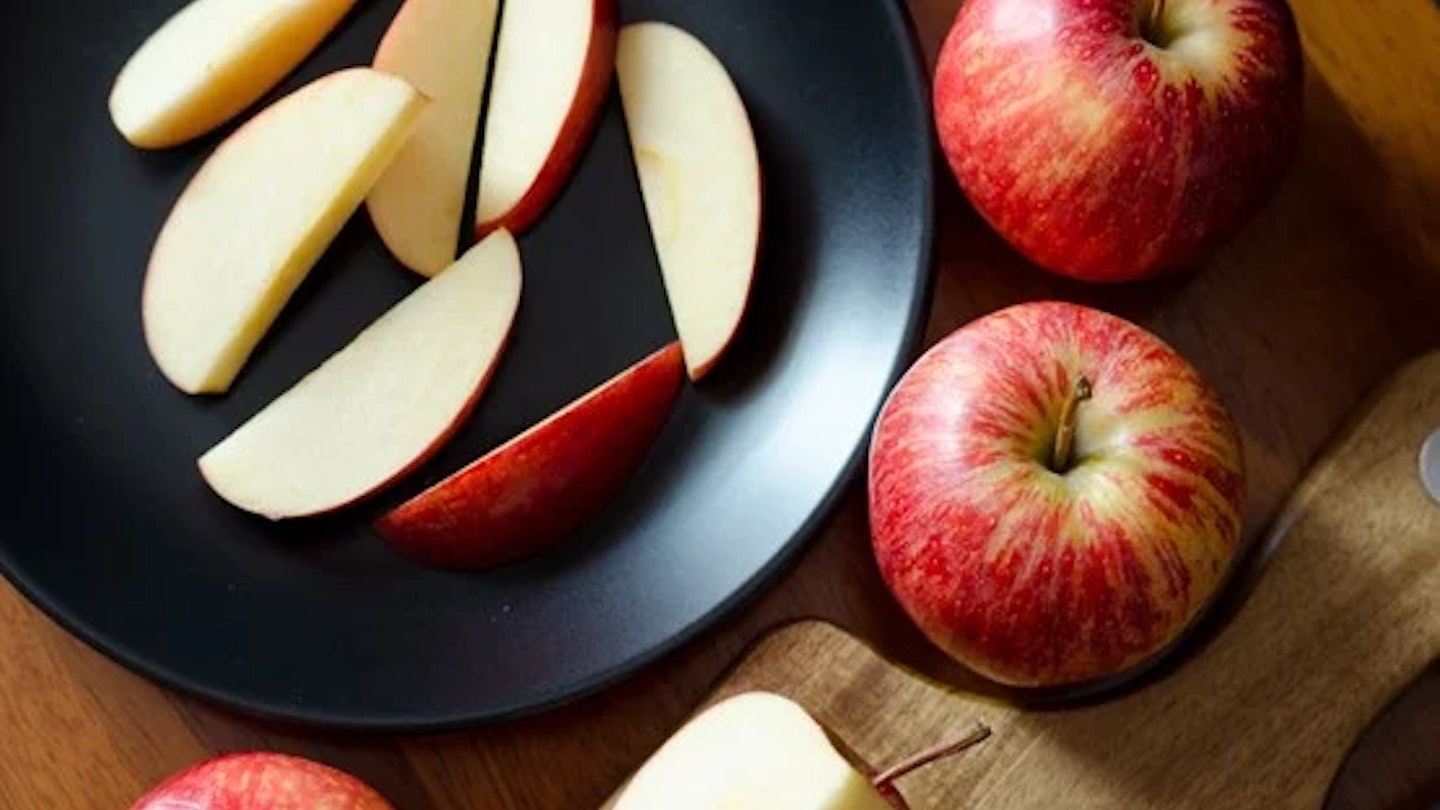Whether your baby’s getting his first taste of solid foods or wolfing down mini portions of your meals, the right food can set him up for life.
"Because your baby has such a small stomach, every mouthful counts, so pack each meal with lots of nutrients," says Sarah Shenker from The Nutrition Society.
A good diet lays the foundations of your baby’s body and growth, so prime your baby’s palate with these tasty superfoods.
A few small swaps and switches to your tots weekly menu is all it will take to give them a super-healthy diet. Or, if they’ll only eat a handful of foods right now, make sure it’s one of these 16 superfoods:
16 superfoods that your toddler will love
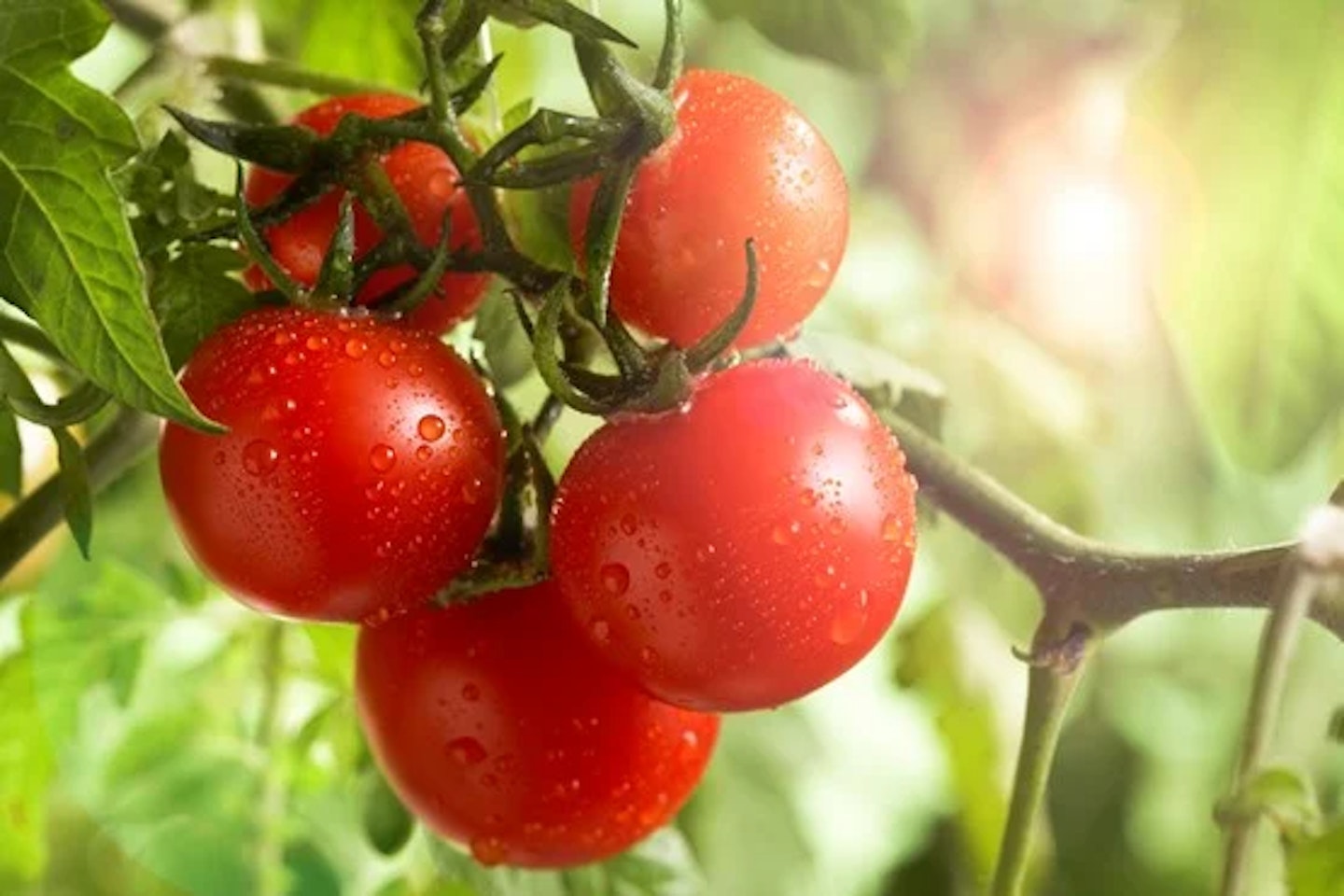 1 of 16
1 of 161) Tomatoes
It's hard not to love tomatoes! They contain antioxidants and are a good source of vitamin C.
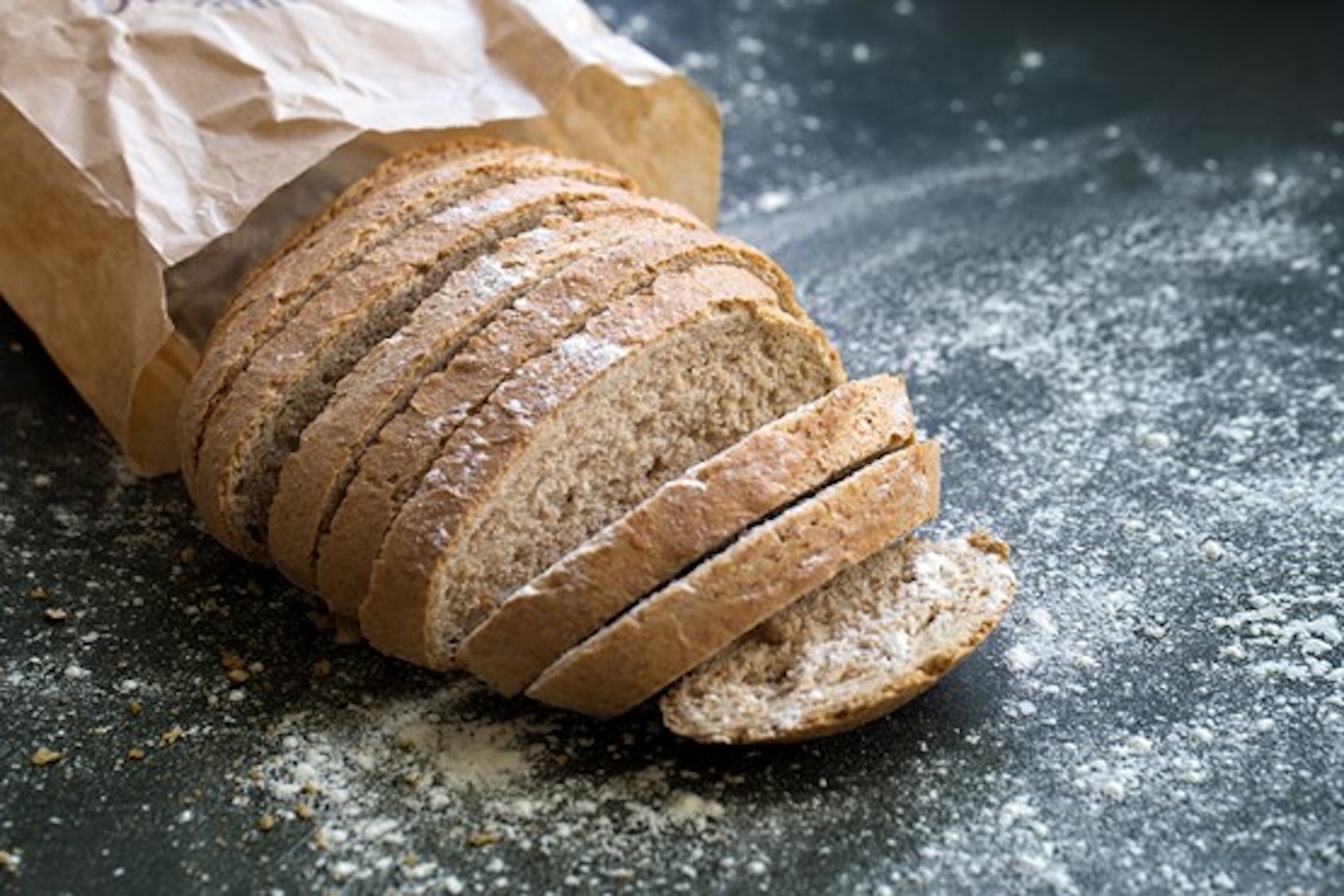 2 of 16
2 of 162) Wholemeal bread
Whether it’s tiny sandwiches or toast fingers, most toddlers like bread. Wholemeal contains more than three times as much fibre as white bread, which will really help if your toddler is prone to constipation. Wholemeal also provides vitamins and minerals, including iron and zinc.
If your tot prefers white bread, make the move gradually to wholemeal by switching first to a brand that’s half white and half wholemeal.
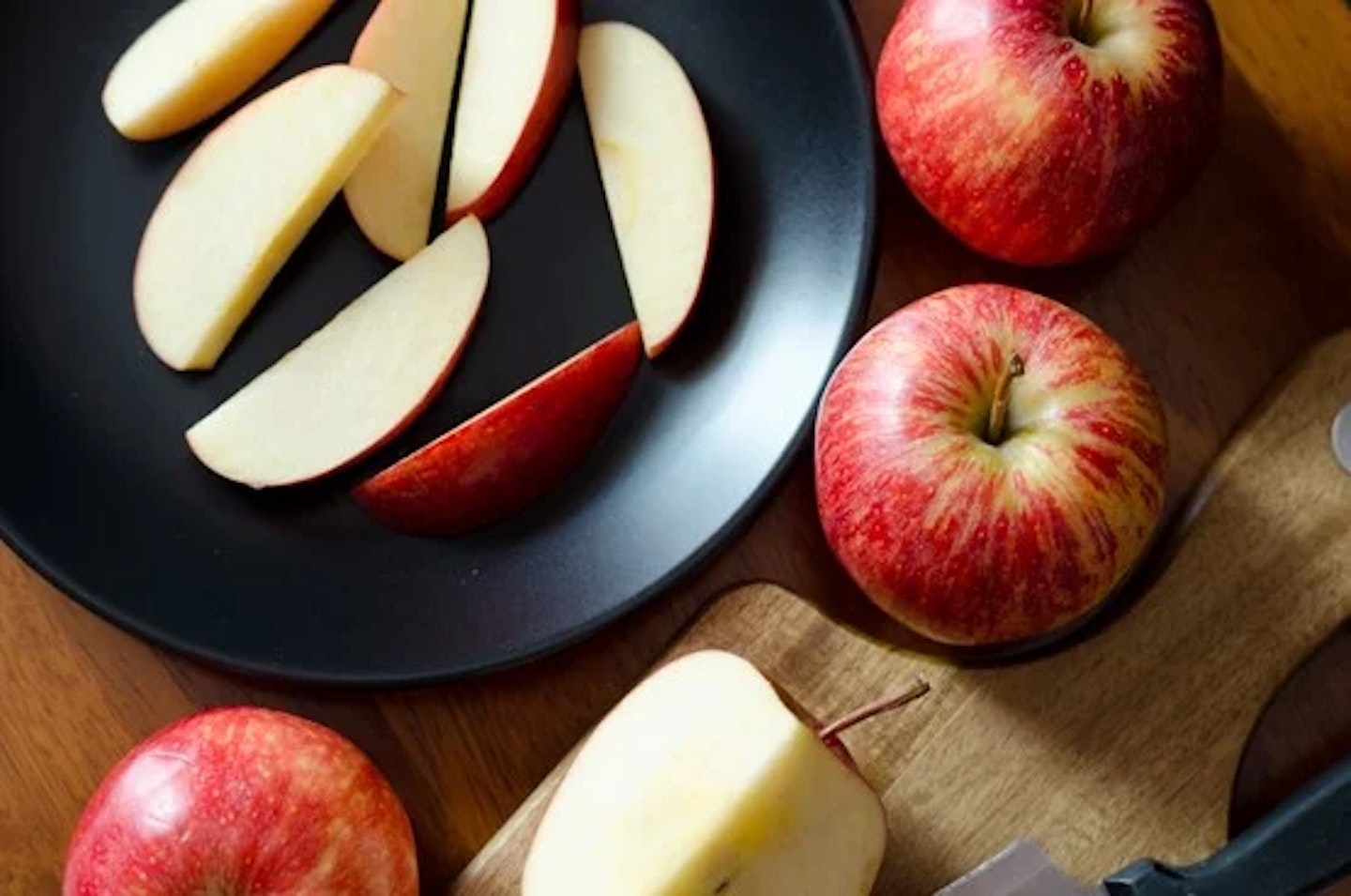 3 of 16
3 of 163) Apples
Children who eat apples are more likely to be healthy, and less likely to develop weight problems, says new research. Apple purée and juice are good, but raw apples are the best. Try offering thin wedges alongside chunks of cheese for a snack, peeling and cutting into matchsticks to serve alongside a sandwich.
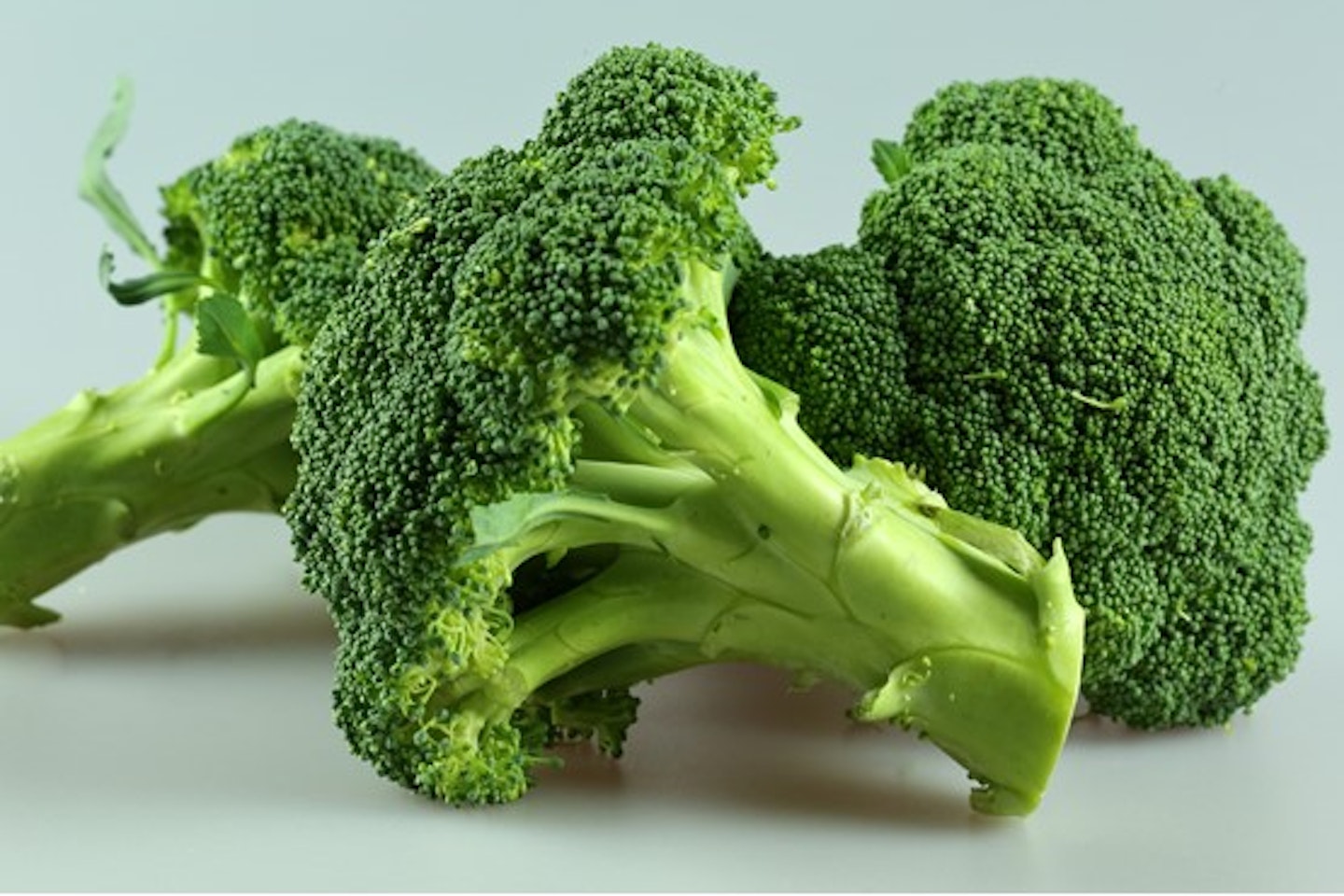 4 of 16
4 of 164) Broccoli
Most toddlers are actually happy to eat broccoli, as long as you tell them it’s little trees. If your child’s not already tucking in, adding it to his diet will help him fight off coughs, colds and viruses, because it’s packed with immune-boosting vitamins A and C, and other bug-zapping nutrients. Try our Jersey Royals, Salmon and Broccoli Bake recipe.
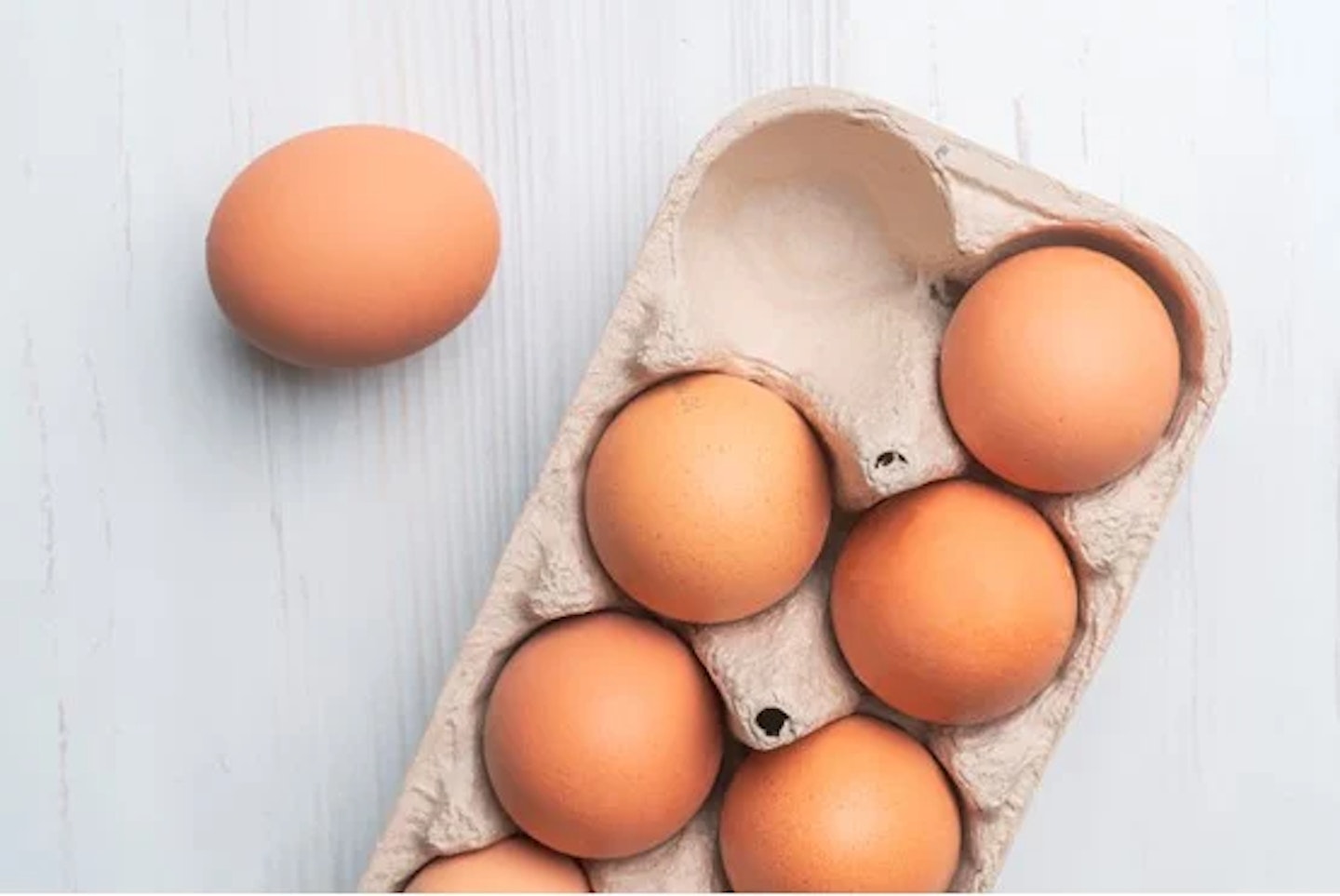 5 of 16
5 of 165) Eggs
Eggs are one of the few foods naturally rich in vitamin D, which is needed for strong bones and teeth. So why not whip up a quick omelette for breakfast or lunch?
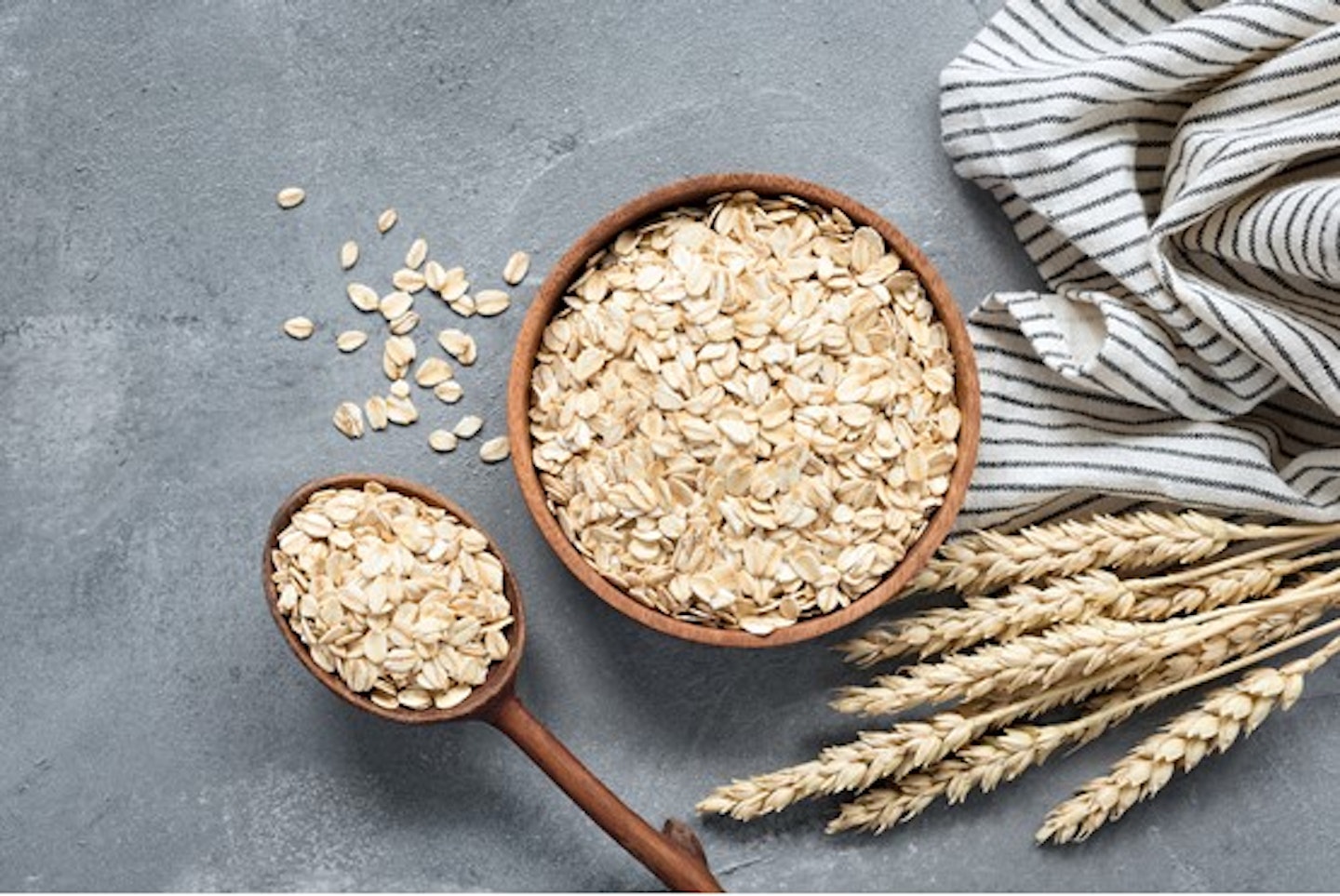 6 of 16
6 of 166) Oats
Toddlers aren’t known for their steady moods, and feeding them foods such as sugary cereals, which cause a steep rise and fall in energy levels, isn’t going to help! Oats take a long time to digest, so the sugars they contain are released more slowly and give more energy for longer.
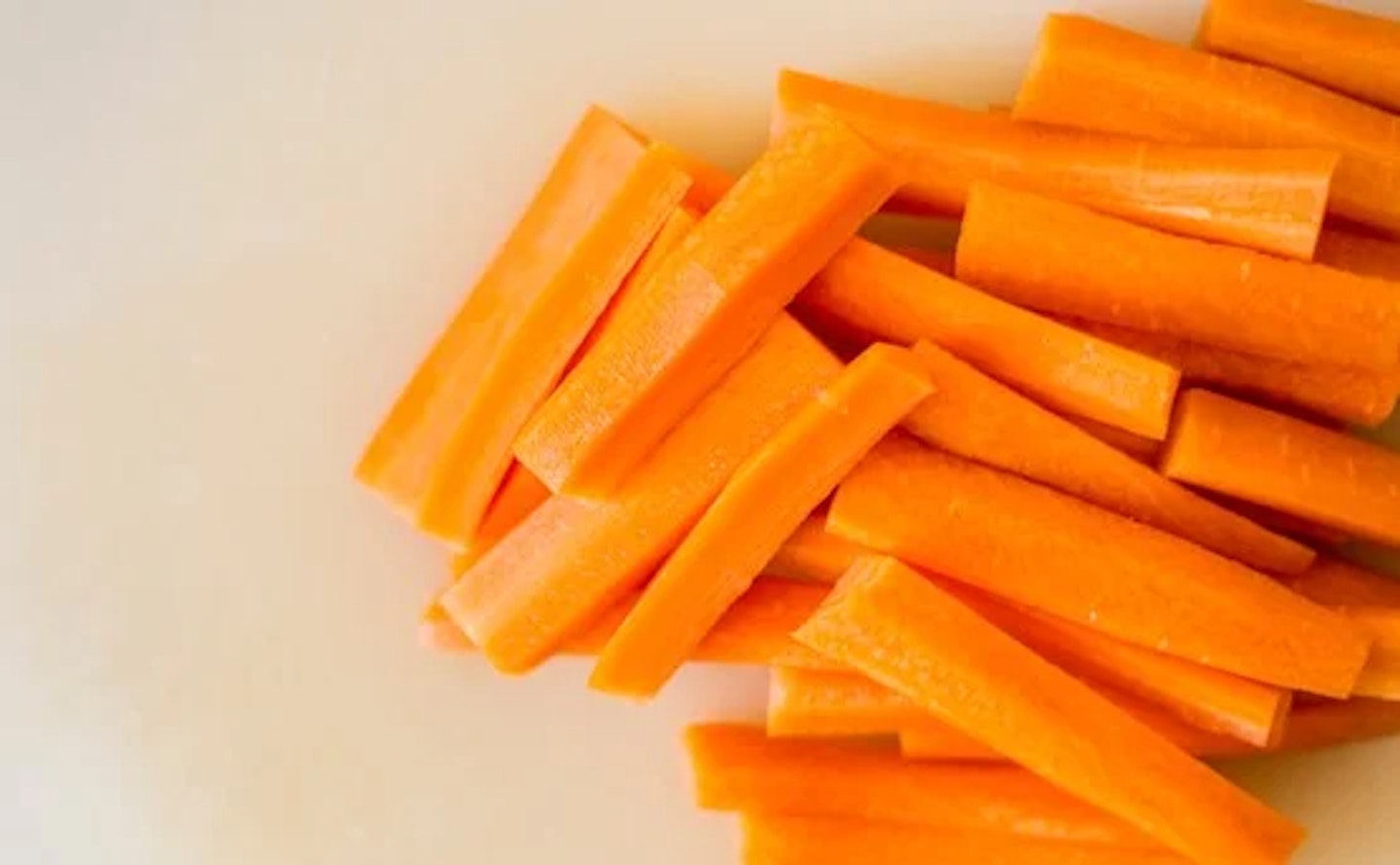 7 of 16
7 of 167) Carrots
Carrots are rich in beta-Carotene which helps eyes adjust to dim light. So they might just help you see in the dark! They are also packed with vitamin A, and just a heaped tablespoon of carrot meets the daily needs of a child aged one to three.
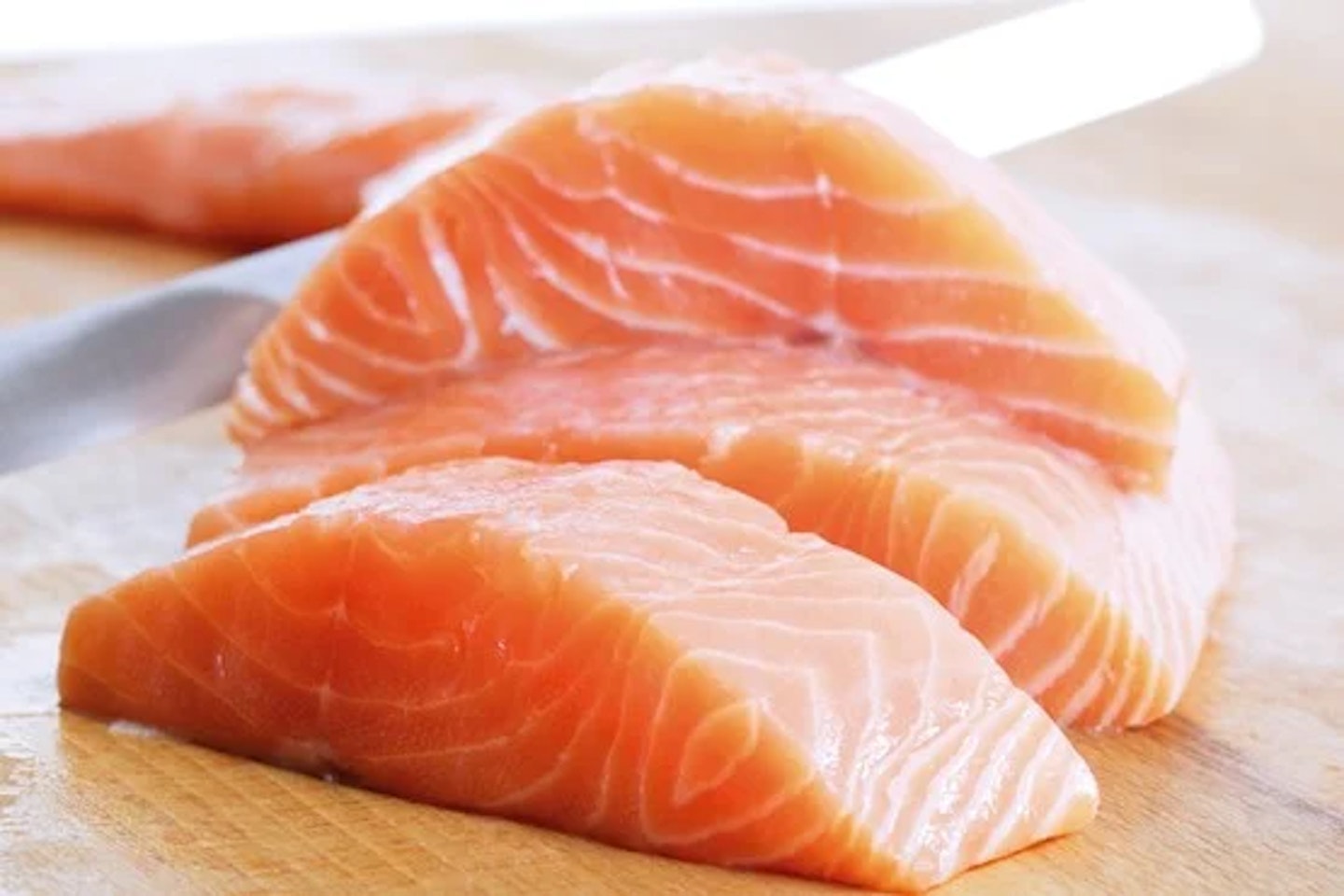 8 of 16
8 of 168) Salmon
Omega 3 fatty acids are so crucial to the development of your child’s brain and nerves that they’re now added to all formula. And salmon is packed full of them!
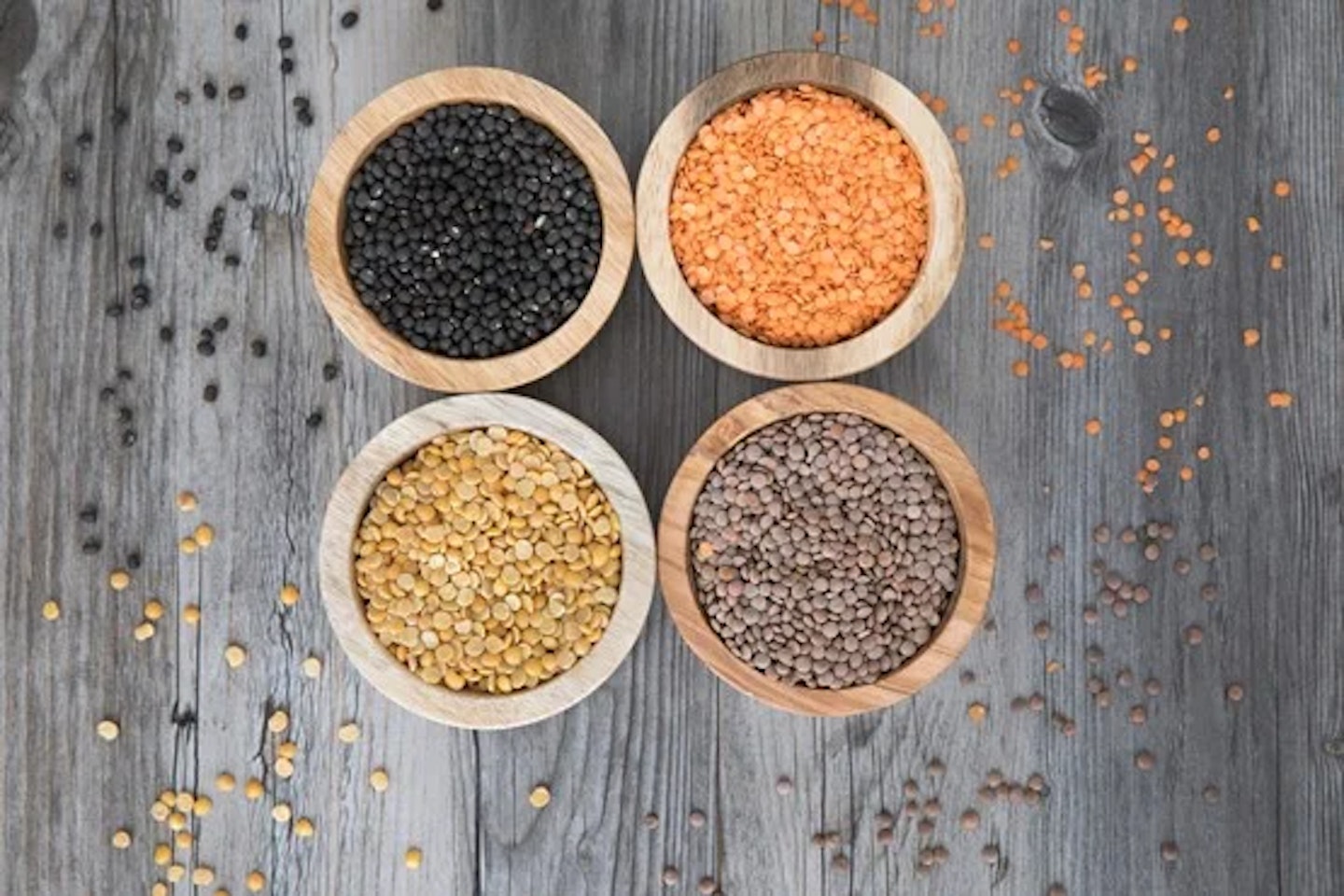 9 of 16
9 of 169) Lentils
Can’t imagine your toddler eating lentils? Think again! Add them to soups, stews and pasta sauces, or use them to make mini veggie burgers. They contain a special form of fibre which helps reduce blood cholesterol levels.
You might not think cholesterol needs to register on your radar until middle age, but several studies have found there are high levels among young children.
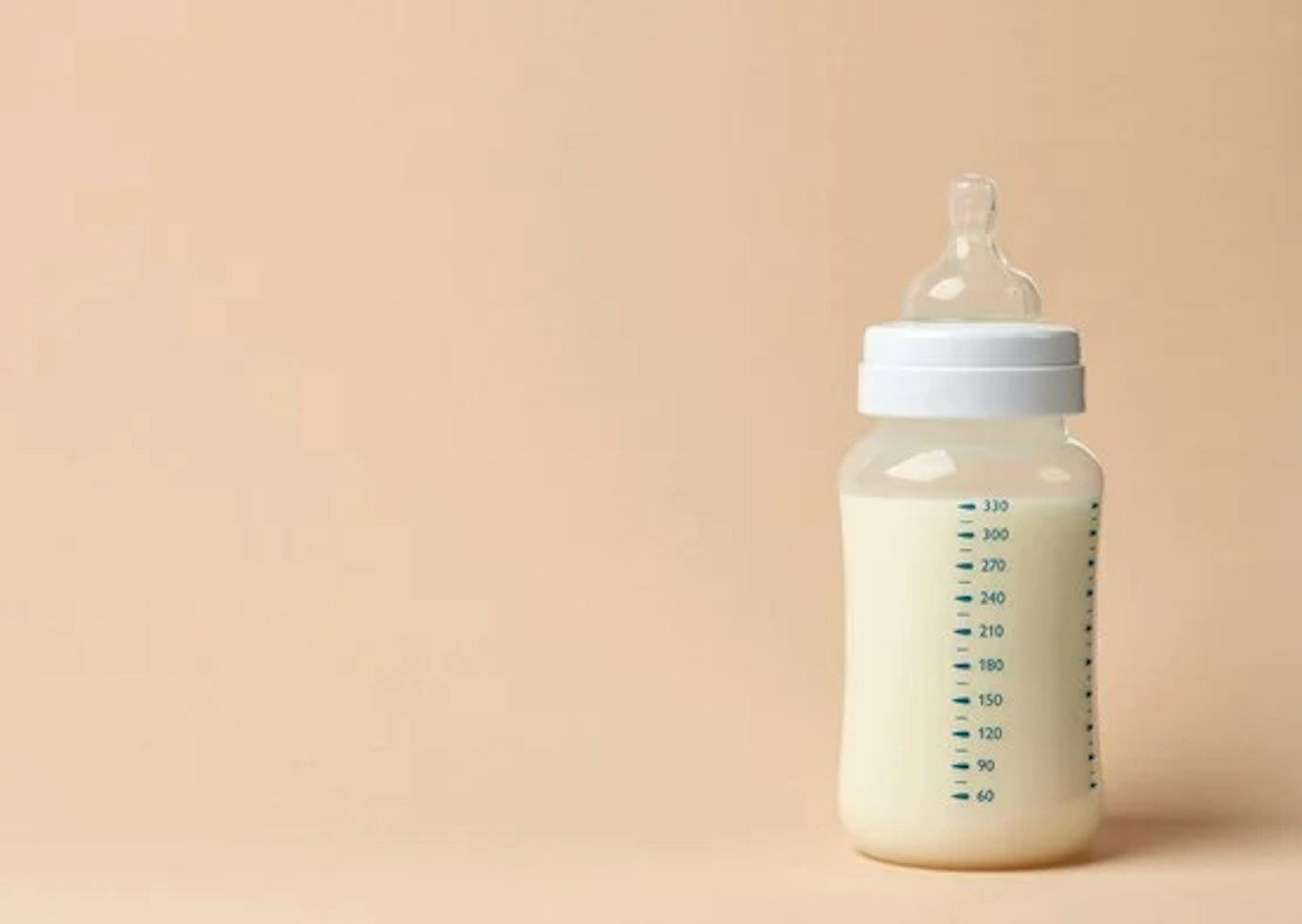 10 of 16
10 of 1610) Milk
Healthy teeth and bones need a hefty dose of calcium. Pots of yoghurt often boast of their ability to help build strong bones, but plain milk does the job just as well, without added sugar. Once your baby has reached his first birthday, he should be having 350ml of milk a day, whether this is breastmilk, formula or cow’s milk. Stick with whole milk until he’s two years old, and then switch to semi-skimmed.
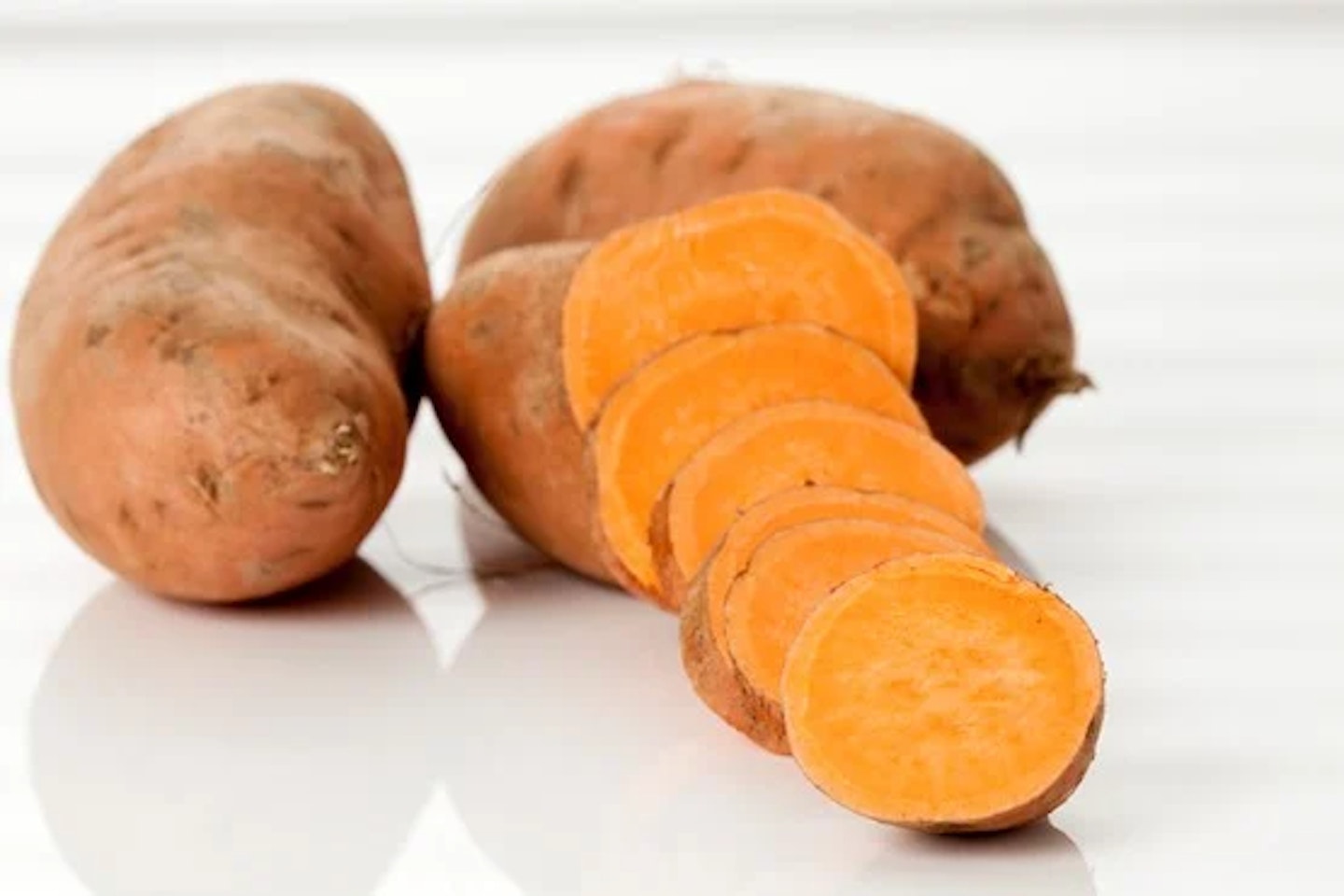 11 of 16
11 of 1611) Sweet potato
Sweet potatoes are packed with a form of vitamin A, which is great for boosting your little ones' immune system. They taste great too! If you have any leftover sweet potatoes, why not try our Sweet Potato Fish Pie recipe by Lorraine Pascale
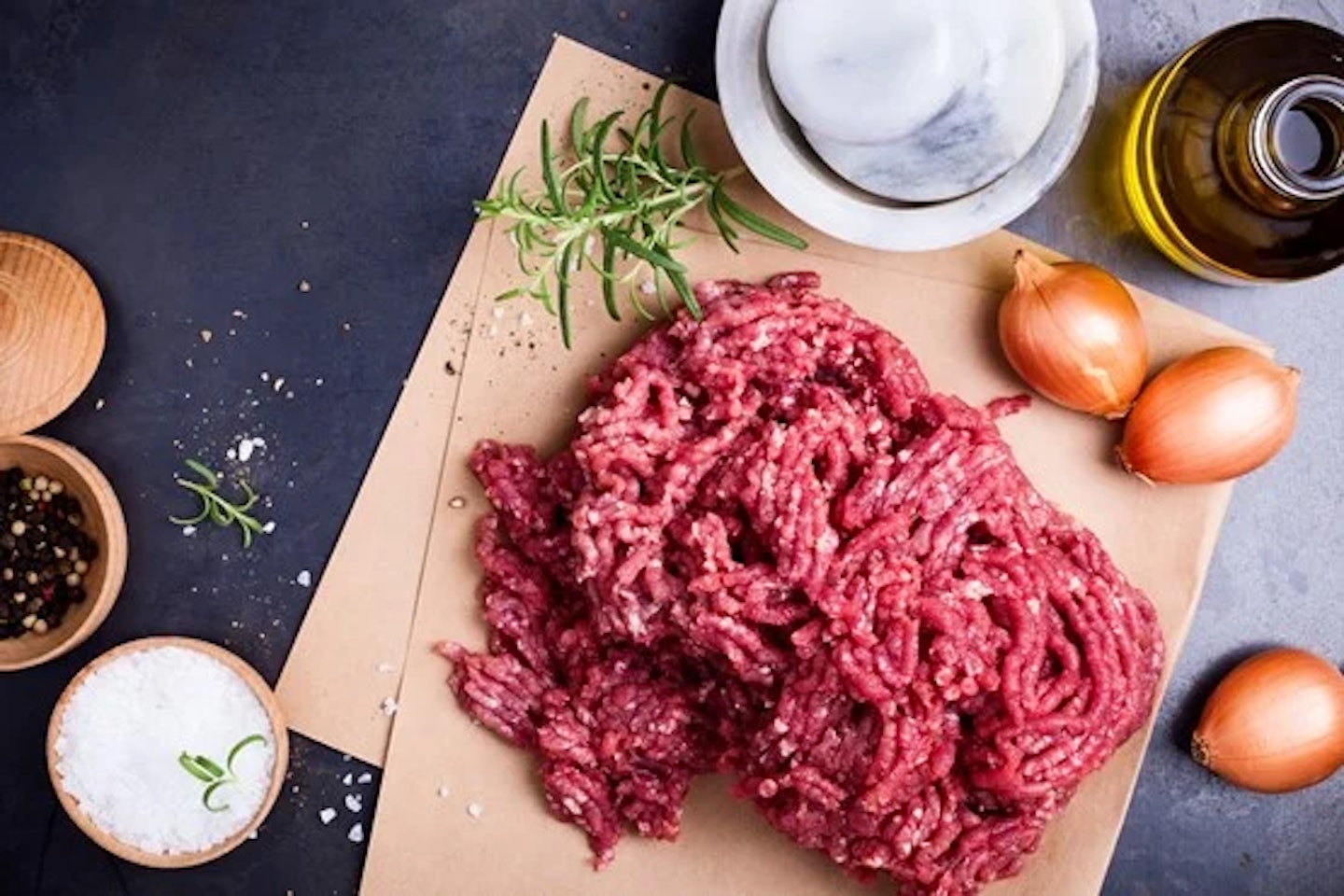 12 of 16
12 of 1612) Beef
Red meat is a good diet staple and are the richest source of iron. Try making some Cheesy Beef Burgersor Annabel Karmel's Minced Beef with Kale and Butternut Squash recipe.
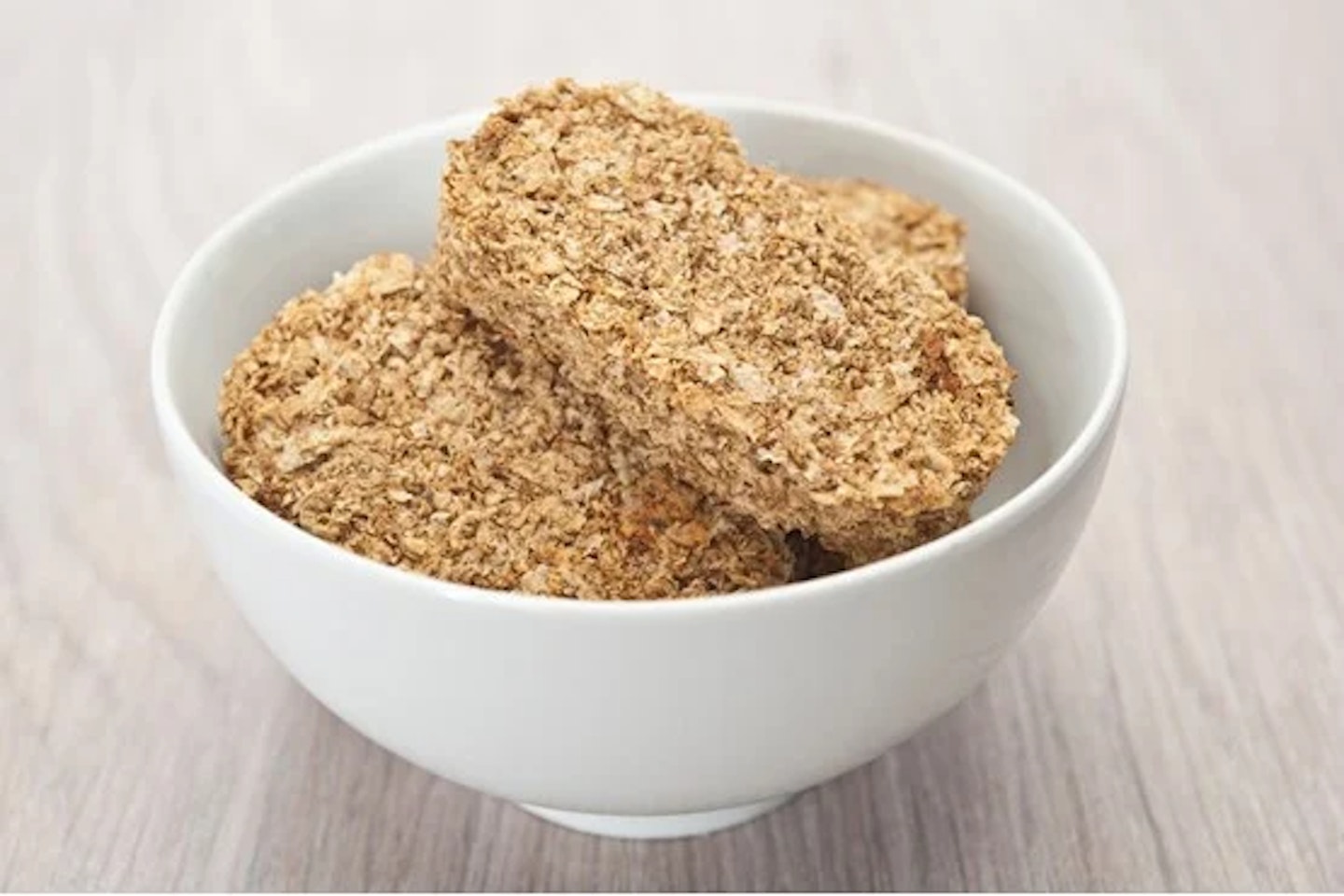 13 of 16
13 of 1613) Weetabix
Breakfast cereals are an easy way to make sure your toddler gets enough iron which is essential for growth and brain development. Choose wholegrain cereal and try to avoid any that are coated in honey or frosting as they often contain a lot of sugar. Weetabix are a great choice as you can add healthy toppings in and they also make great daytime snacks.
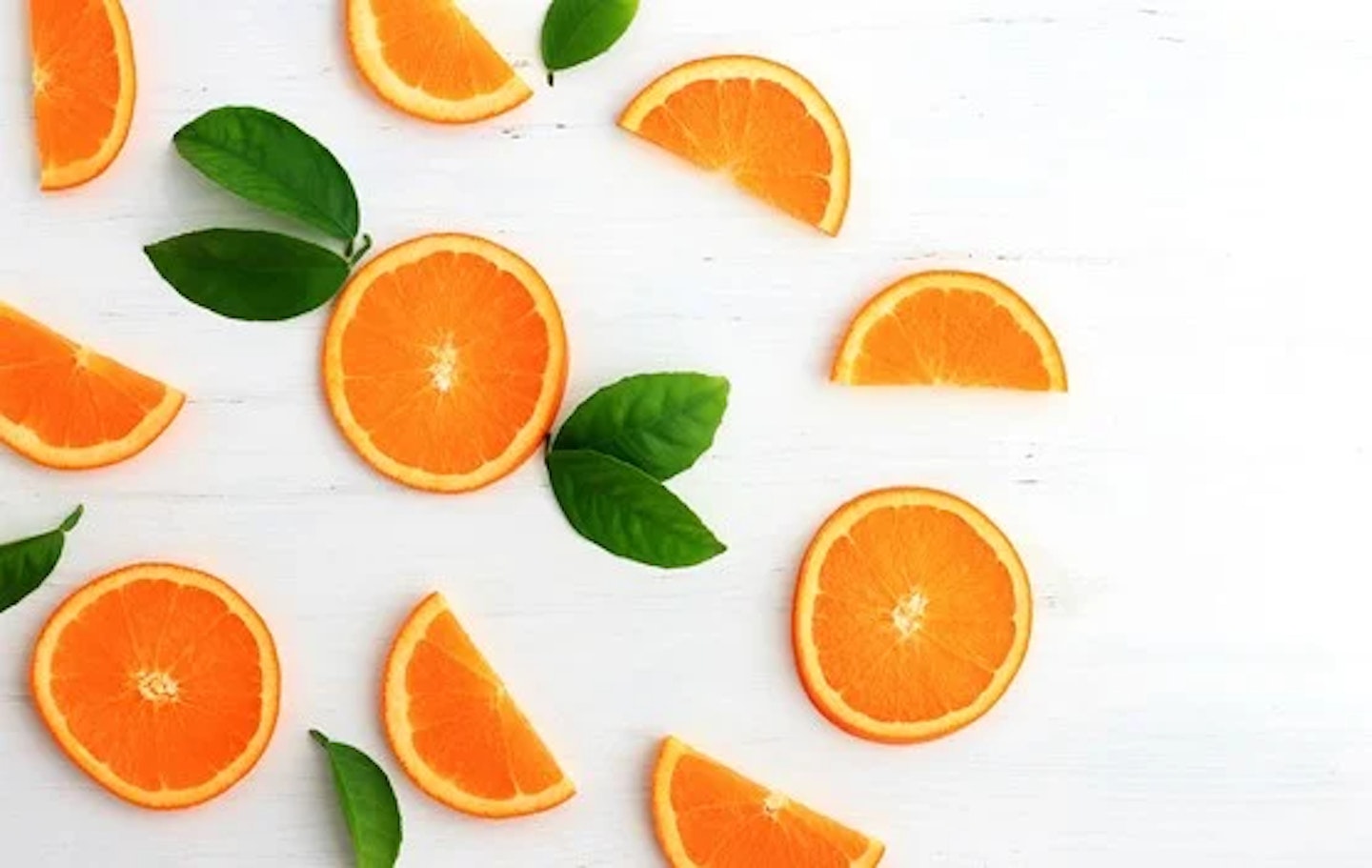 14 of 16
14 of 1614) Oranges
Orange's are rich in vitamin C which helps wound healing. Make sure to give more fresh fruit as juices are high in fruit sugars.
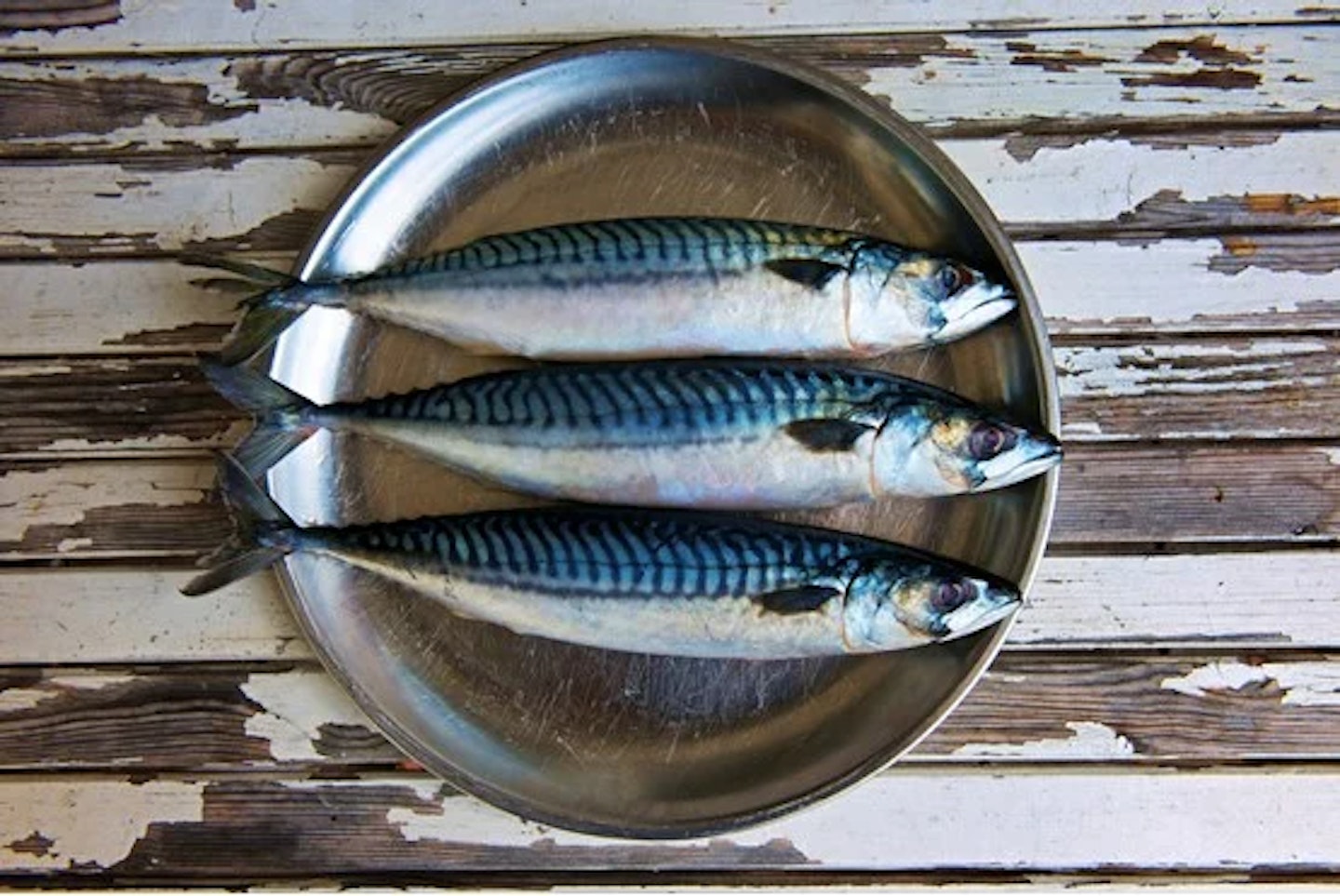 15 of 16
15 of 1615) Oily fish
Oily fish such as salmon or mackerel are a great source of omega-3 fatty acids which is good for your baby's brain development. Try Alex Hollywood's Smokey Fishcake recipe.
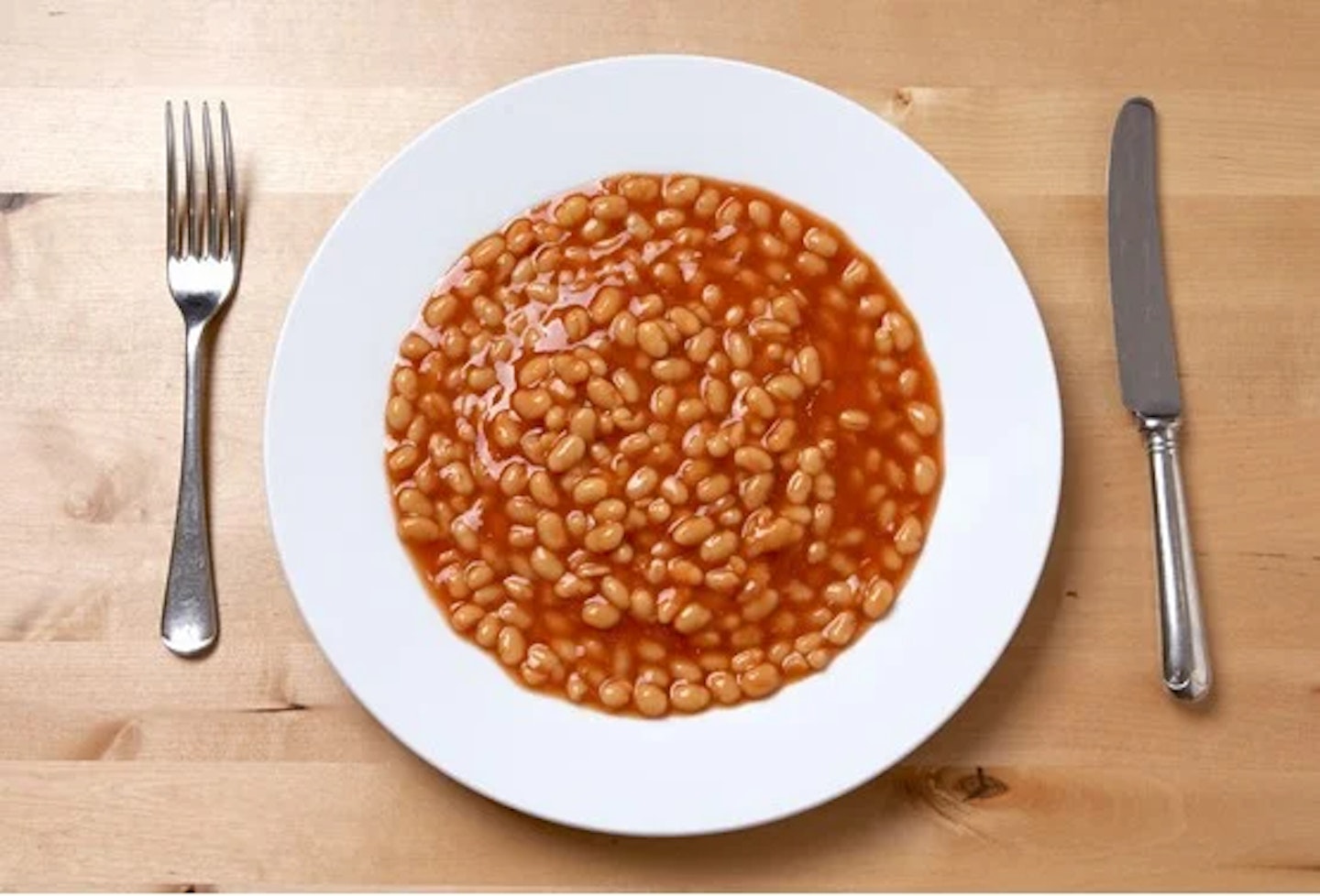 16 of 16
16 of 1616) Beans
All beans are super-healthy, whether it's kidney beans or baked beans. They're full of fibre which is good for the gut and heart.
Why not check out our award winning baby weaning products?
